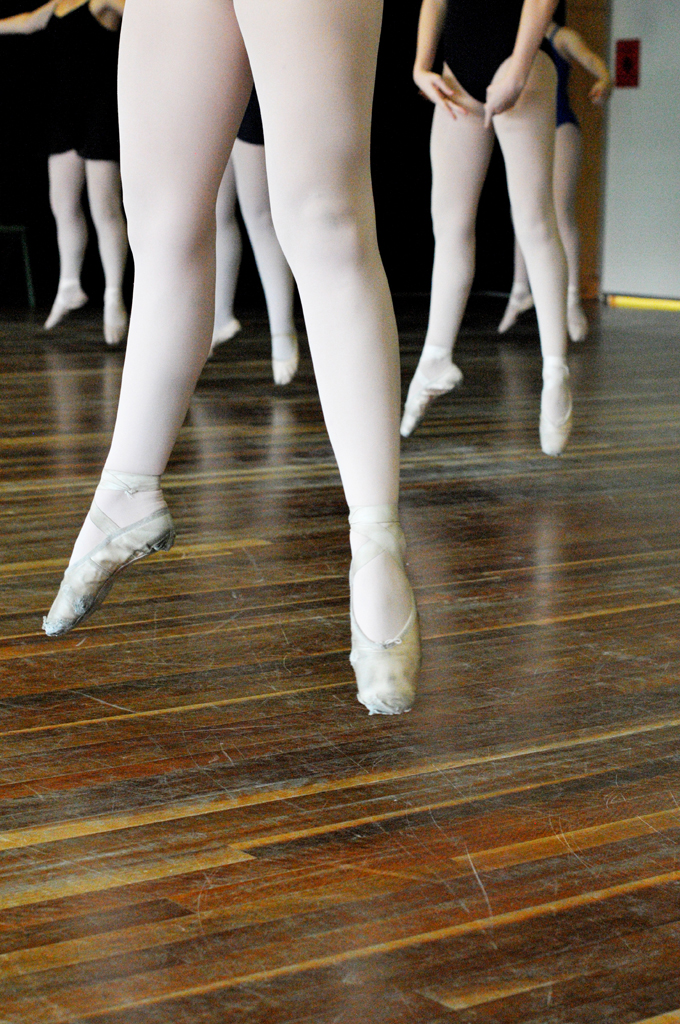
As he was leaving the King's bedchamber, Macbeth heard someone in another room laugh in his sleep, and someone else call out "Murder!" These two sleepers then awoke, and prayed, and settled down to sleep again. His wife tells him he's a fool, but his mind has already jumped to something else. After worrying about this noise and that, Macbeth suddenly says something is a "sorry sight." Editors always explain it by inserting a stage direction, " Looking on his hands," and that's almost certainly right, because his hands are certainly covered with blood. His wife answers that she heard nothing and that Donalbain has that room Then Macbeth says "This is a sorry sight" (2.2.18), which shows how his mind is jumping around. He asks her if she heard anything and he asks who is in room next to the king's. When Macbeth returns from killing the king, he's extremely shaken. Thus we see his hand clutching at air, maybe with the same motion as when it holds the dagger that kills the king. He says, "Is this a dagger which I see before me, / The handle toward my hand? (2.1.33-34), and he reaches for it. So we see King Duncan walking hand-in-hand with the woman who has just planned his murder.Īlone, waiting for his wife to give him the signal to go kill King Duncan, Macbeth starts to hallucinate. At the end of the scene, he says, "Give me your hand / Conduct me to mine host: we love him highly, / And shall continue our graces towards him. She welcomes him warmly and he graciously begs pardon for giving them the trouble of accommodating him. When King Duncan arrives at Macbeth's castle, Lady Macbeth comes out to greet him. Lady Macbeth's advice to "look like the time" means "act appropriately to the occasion." King Duncan is about to arrive at their castle, which is an honor to them, and Macbeth should offer his hand in fellowship before he kills him. The first time we see Macbeth and Lady Macbeth together, she advises him to "Look like the time bear welcome in your eye, / Your hand, your tongue: look like the innocent flower, / But be the serpent under't" (1.5.63-66). "Let that be" he says, because he wants the thing done, even if afterwards, "when it is done," his own eye would be afraid to look at what his hand had done. His own eye should "wink," that is, blind itself to what his own hand wants to do. He wants the stars to go out, so that no one can see what it is he wants, not even himself.

Which the eye fears, when it is done, to see. The eye wink at the hand yet let that be, Let not light see my black and deep desires: When King Duncan announces that his son Malcolm will be heir to the throne, Macbeth says himself: Stars, hide your fires The witches, as they hold hands, are celebrating their own powers. Just before they appear to Macbeth the witches dance and sing, "The weird sisters, hand in hand, / Posters of the sea and land, / Thus do go about, about" (1.3.32-34). Macbeth, the Sergeant says, "ne'er shook hands, nor bade farewell to him, / Till he unseam'd him from the nave to the chops, / And fix'd his head upon our battlements" (1.2.21-23). The Sergeant, with grim humor, tells how Macbeth did not offer the hand of friendship to the rebel Macdonwald.


 0 kommentar(er)
0 kommentar(er)
